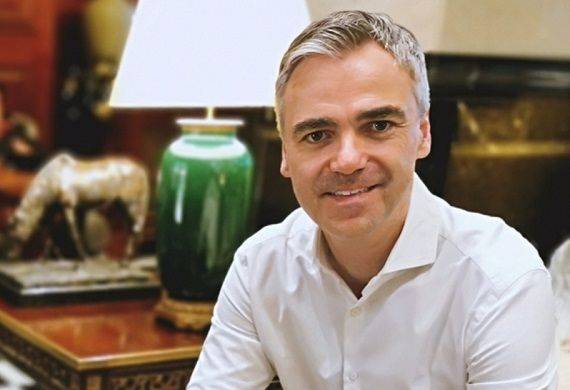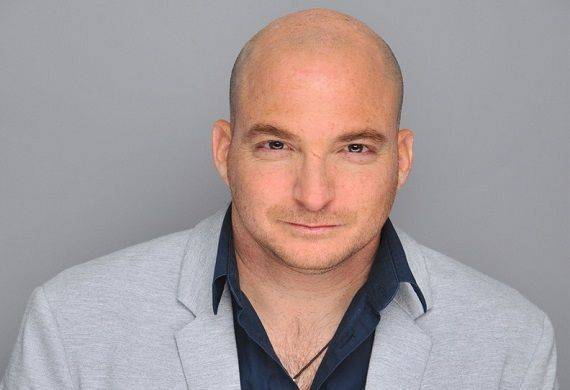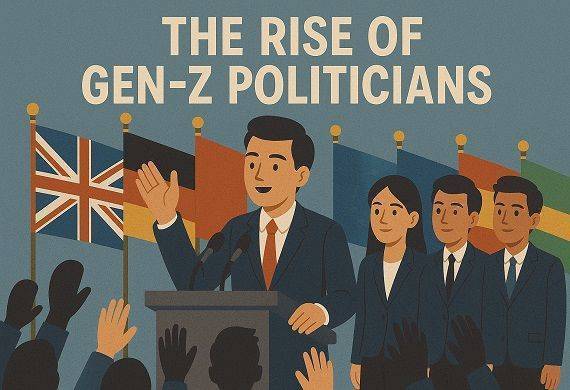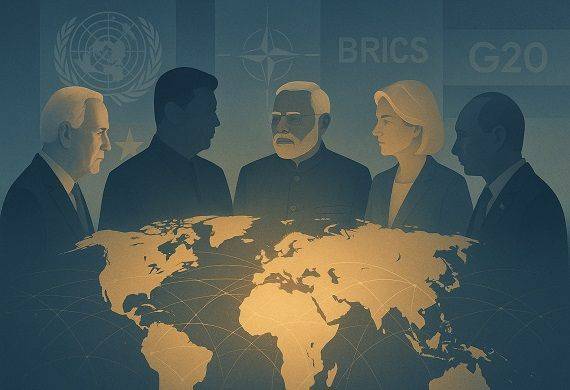OpenAI CEO Sam Altman: May Support Pentagon Due to 'Weird World' Dynamics
By Global Leaders Insights Team | Apr 11, 2025
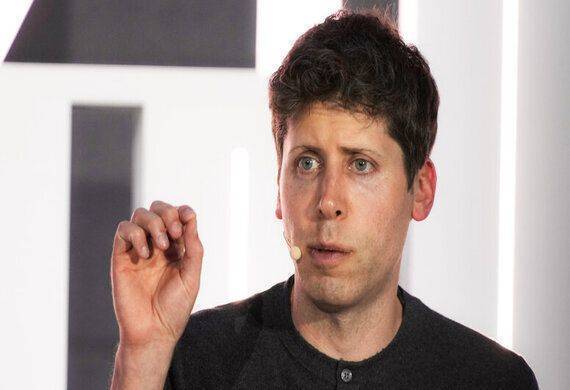
OpenAI CEO Sam Altman expressed a willingness to assist the Pentagon in developing new weapons platforms, indicating a shift in the artificial intelligence industry's attitude toward collaboration with the defense sector. Altman, speaking Thursday at the Vanderbilt Summit on Modern Conflict and Emerging Threats, said, "I will never say never, because the world could get really weird," acknowledging the possibility of unexpected global circumstances.
However, Altman clarified that he did not expect to work on such a platform "in the foreseeable future," unless there were very strong arguments for it. He also expressed worries about the broader implications of AI in warfare, saying, "I don't think most of the world wants AI making weapons decisions."
In an interview with Paul Nakasone, a former head of the National Security Agency and current OpenAI board member, Altman made these remarks at a time when AI companies are becoming more interested in collaborating with the defense industry. This represents a dramatic departure from the historical reluctance seen in consumer tech companies, as evidenced by the widespread internal protests at Google over defense contracts in 2018.
OpenAI updates national security policy
OpenAI has revised its national security policy over the last year, culminating in a strategic partnership with defense-tech firm Anduril Industries Inc. in December to develop anti-drone technology.
Beyond potential defense applications, Altman emphasized the importance of governments proactively learning how to better use and integrate AI tools. "I don't think AI adoption in the government has been as robust as possible," he claimed, forecasting the emergence of "exceptionally smart" AI systems by the end of next year.
The conversation between Altman and Nakasone, a retired four-star army general, occurred ahead of the expected release of OpenAI's advanced 03 reasoning model next week. The summit attracted hundreds of people from the intelligence and military communities, as well as academics.
.jpg)
